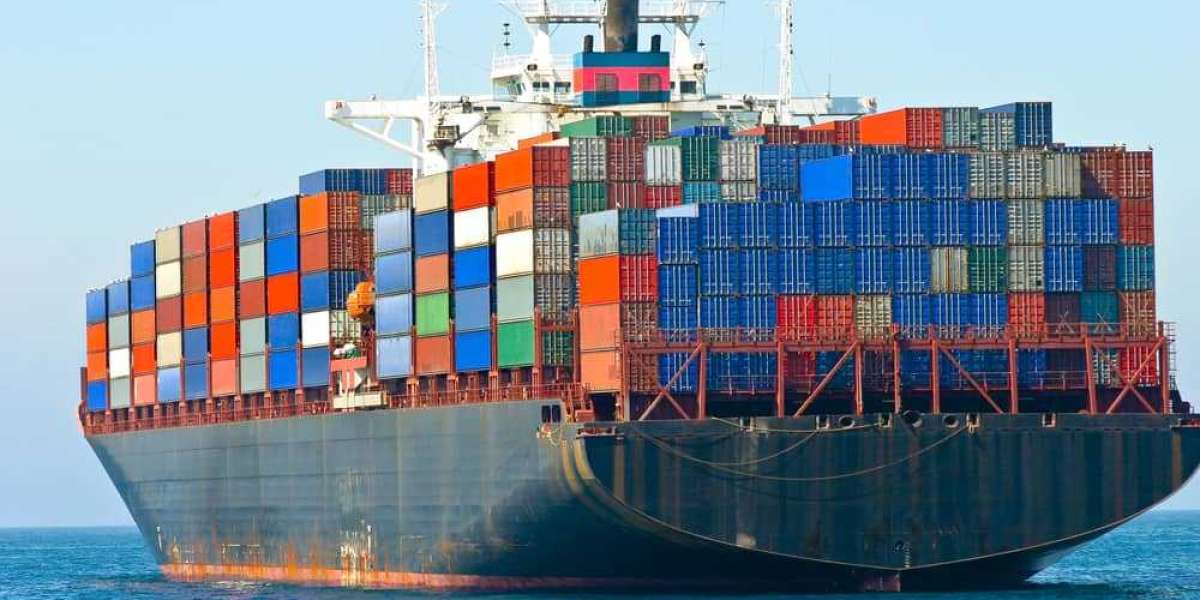Container security in Docker refers to a set of practices, tools, and strategies aimed at protecting the integrity, confidentiality, and availability of containerized applications and the underlying infrastructure in a Docker environment. Docker containers offer numerous benefits, such as isolation, portability, and scalability, but they also introduce unique security challenges. Container security addresses these challenges by implementing measures to prevent, detect, and respond to potential security threats and vulnerabilities. In this comprehensive explanation, we will explore the concept of container security in Docker, its importance, key principles, and best practices for securing Docker containers and the container orchestration environment.
Docker is a popular containerization platform that allows developers to package applications and their dependencies into lightweight, portable, and self-contained containers. These containers run consistently across different environments, from development laptops to production servers, making it easier to manage and deploy applications. Each Docker container is isolated from the host system and other containers, providing a level of process and file system separation. Apart from it by obtaining Docker Training, you can advance your career in Docker. With this course, you can demonstrate your expertise in different storage strategies, deploying multi-container applications using Docker Compose, and managing container clusters using Docker Swarm, many more fundamental concepts, and many more critical concepts among others.
Importance of Container Security:
While Docker containers offer many advantages, they also introduce security considerations that need to be addressed:
Isolation: Containers share the same kernel with the host operating system. If not properly isolated, a compromise in one container can potentially impact other containers and the host system.
Image Security: Container images serve as the foundation for containers. Vulnerabilities or misconfigurations in container images can lead to security breaches when containers are instantiated from these images.
Dynamic Nature: Containers are ephemeral and can be spun up and torn down rapidly. This dynamic nature can make it challenging to monitor and secure containers effectively.
Microservices Architecture: Docker containers are commonly used in microservices architectures, where many small services communicate over networks. Securing these network interactions is critical.








